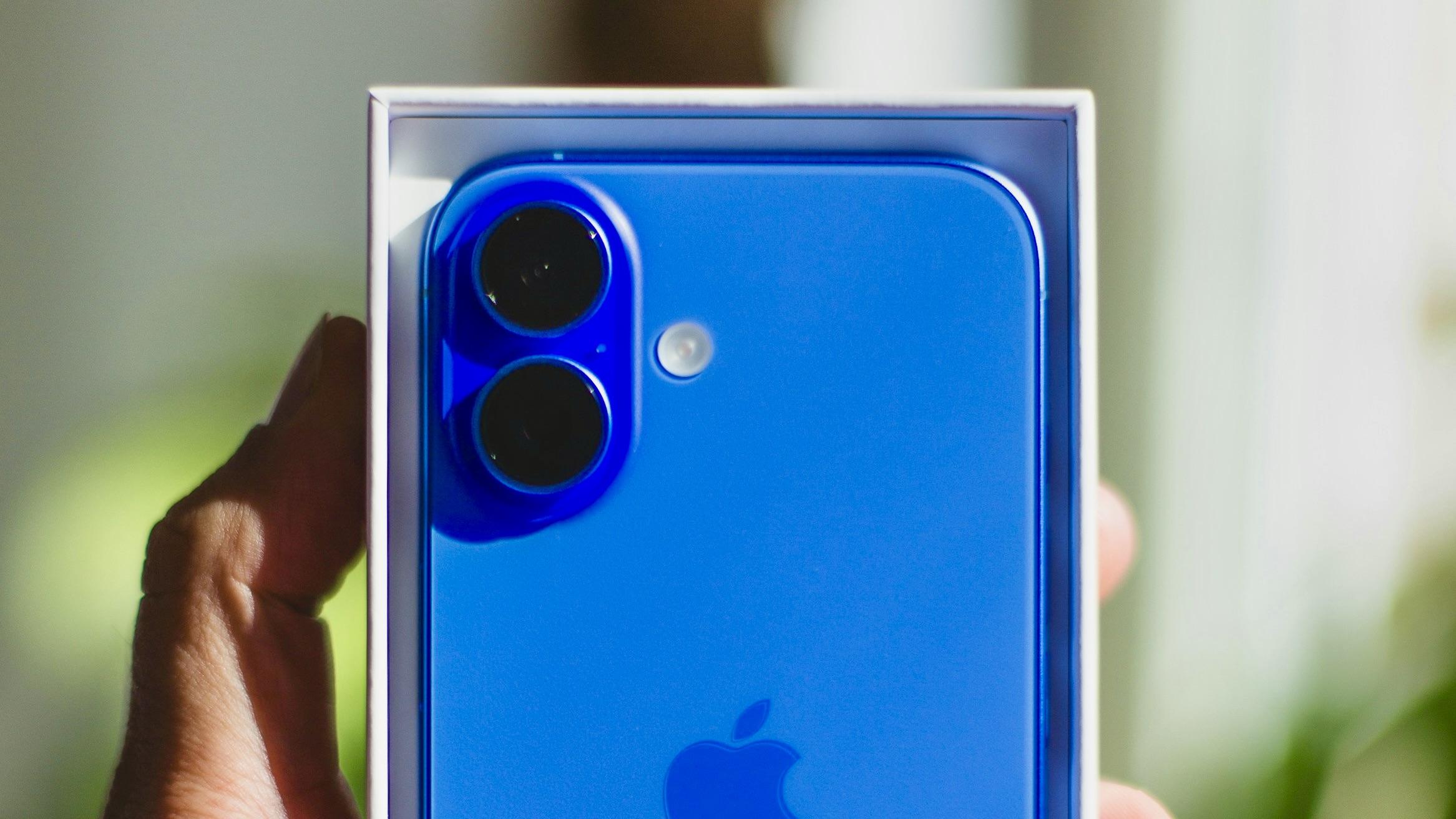Citing high production costs and limited capacity, Apple has delayed using TSMC’s 2nm chips in its iPhone 17 Pro models. The advanced chips are now expected in 2026 with the iPhone 18 Pro series.
Apple Delays iPhone 17 Pro's 2nm Chips to 2026
Reportedly, Apple has decided to delay the commercial introduction of the iPhone 17 Pro and iPhone 17 Pro Max, which will use TSMC's 2nm processing chips, until 2026, according to media reports (via MyDrivers).
The 2nm chips from TSMC have been plagued by production delays because of worries over their high cost and limited capacity. The supplier has reportedly started making the chips in trial quantities, but the results are disappointing, so it might be a while before they can produce a finished product.
Production Challenges Hit TSMC’s 2nm Chips
The 2nm chips were trial-produced at the Baoshan facility in Hsinchu, Taiwan, and rumor has it that the yields were below the company's expectations.
Yes, that's right. With a yield rate of 60%, nearly 40% of the chips made are flawed.
Sky-High Wafer Costs Impact iPhone Plans
The production cost of integrating the 2nm CPUs into the upcoming iPhone 17 Pro and iPhone 17 Pro Max is a staggering $30,000 per wafer, making it seem like an unrealistic option for Apple.
These worries have caused Apple to delay the introduction of its 2nm semiconductors by about a year; the new chips will not be available until the iPhone 18 Pro versions are released in 2026. This further confirms that TSMC's 3nm chips will be utilized by the iPhone 17 series.
WCCFTECH points out that the present iPhone 16 series uses TSMC's 3nm chips; while the A19 Pro chips will be an improvement, the 2nm chips that will be available in 2026 will offer much better efficiency and performance.
TSMC’s 2nm Chips Promise Performance Gains
The 2nm chips will have up to 15% more transistors than the 3nm chips, resulting in a 15% performance improvement while using the same amount of power. TSMC mentioned this at the 2024 IEDM conference despite production constraints.
The technology is too expensive and difficult to develop at the scale required for millions of iPhones, so Apple decided to delay TSMC's 2nm processors. This was the right move if the company intended to keep device pricing low.



 China Extends Gold Buying Streak as Reserves Surge Despite Volatile Prices
China Extends Gold Buying Streak as Reserves Surge Despite Volatile Prices  South Africa Eyes ECB Repo Lines as Inflation Eases and Rate Cuts Loom
South Africa Eyes ECB Repo Lines as Inflation Eases and Rate Cuts Loom  Nvidia Nears $20 Billion OpenAI Investment as AI Funding Race Intensifies
Nvidia Nears $20 Billion OpenAI Investment as AI Funding Race Intensifies  U.S. Stock Futures Slide as Tech Rout Deepens on Amazon Capex Shock
U.S. Stock Futures Slide as Tech Rout Deepens on Amazon Capex Shock  U.S.-India Trade Framework Signals Major Shift in Tariffs, Energy, and Supply Chains
U.S.-India Trade Framework Signals Major Shift in Tariffs, Energy, and Supply Chains  Vietnam’s Trade Surplus With US Jumps as Exports Surge and China Imports Hit Record
Vietnam’s Trade Surplus With US Jumps as Exports Surge and China Imports Hit Record  Japan Economy Poised for Q4 2025 Growth as Investment and Consumption Hold Firm
Japan Economy Poised for Q4 2025 Growth as Investment and Consumption Hold Firm  Asian Stocks Slip as Tech Rout Deepens, Japan Steadies Ahead of Election
Asian Stocks Slip as Tech Rout Deepens, Japan Steadies Ahead of Election  Gold and Silver Prices Rebound After Volatile Week Triggered by Fed Nomination
Gold and Silver Prices Rebound After Volatile Week Triggered by Fed Nomination  Bank of Japan Signals Readiness for Near-Term Rate Hike as Inflation Nears Target
Bank of Japan Signals Readiness for Near-Term Rate Hike as Inflation Nears Target  Fed Governor Lisa Cook Warns Inflation Risks Remain as Rates Stay Steady
Fed Governor Lisa Cook Warns Inflation Risks Remain as Rates Stay Steady  Dow Hits 50,000 as U.S. Stocks Stage Strong Rebound Amid AI Volatility
Dow Hits 50,000 as U.S. Stocks Stage Strong Rebound Amid AI Volatility  SpaceX Reports $8 Billion Profit as IPO Plans and Starlink Growth Fuel Valuation Buzz
SpaceX Reports $8 Billion Profit as IPO Plans and Starlink Growth Fuel Valuation Buzz  Global Markets Slide as AI, Crypto, and Precious Metals Face Heightened Volatility
Global Markets Slide as AI, Crypto, and Precious Metals Face Heightened Volatility  Sam Altman Reaffirms OpenAI’s Long-Term Commitment to NVIDIA Amid Chip Report
Sam Altman Reaffirms OpenAI’s Long-Term Commitment to NVIDIA Amid Chip Report  Trump Signs Executive Order Threatening 25% Tariffs on Countries Trading With Iran
Trump Signs Executive Order Threatening 25% Tariffs on Countries Trading With Iran 































